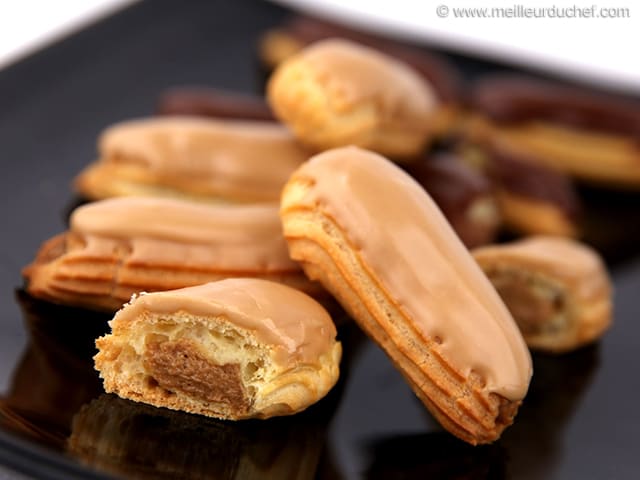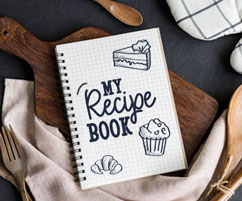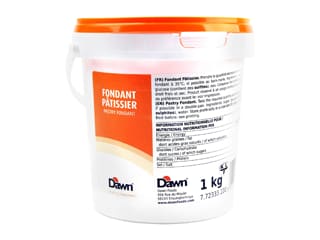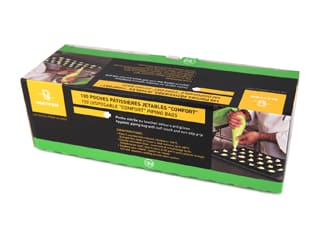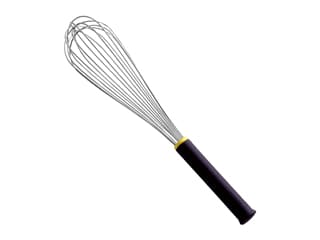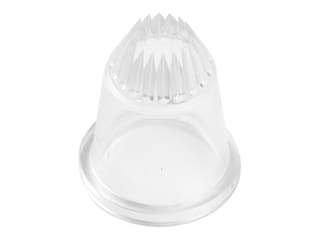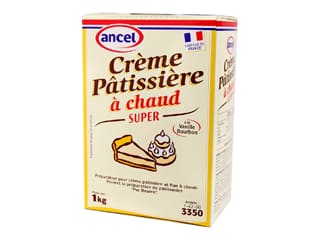Your basket
All items are in stock.
Some items are not in stock. Restocking around if you validate today.
Some of your items are not in stock.
Some of your items are not available. Please remove them from your basket.
✓
In stock
Soon available. Only in stock.
Expected on . Only in stock.
On order. Only in stock.
Limited stock. Only in stock.
Sold out.Only in stock.
Available soon.Only in stock.
On quotation.Only in stock.
(-#%)
#
#
#
UNBEATABLE PRICE:
Discount code
Total discount
Subtotal (VAT incl.) (VAT excl.)
Voucher deduction
Spend more until free delivery (mainland France only).
Free delivery to metropolitan France




